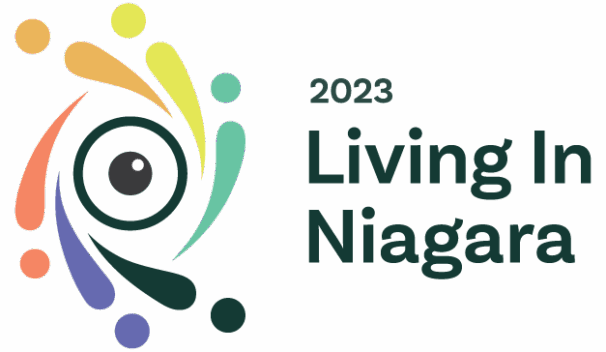An optimal environment for learning for all Niagara residents is essential to the success of our community. Opportunities, programs and services designed for people to be lifelong learners contribute to Niagara’s continued growth and prosperity.
Things We Are Doing Well
- Ontario Early Years Centres (OEYCs), and Parenting and Family Literacy Centres are provincially-funded programs designed to help stimulate children’s brain development and give them a head start in building learning and literacy skills are available in priority neighbourhoods around Niagara.
- Full day kindergarten is available in all schools in Ontario. A full day of learning early in life can help improve a child’s reading, writing and math skills and provide a strong foundation for future learning.
- Secondary school graduation rates in Niagara continue to rise. Schools are identifying, meeting and supporting the needs of learners, including putting alternative learning opportunities in place to support at-risk youth in completing their Ontario Secondary School Diploma. Co-op and experiential learning opportunities as well as an array of specialist high skills major programs are in place.
- We are gaining broader insight into ways poverty affects learning and education attainment in Niagara for learners of all ages. The extent to which students have access to personal resources affects their ability to gain essential workplace skills such as technological literacy, interpersonal communications, and self-directed learning.
- Learning and education options available to adults are closely tied to the needs of the labour market, and facilitating individuals’ ease of transition from learning to employment.
Emerging Activities
- Rising numbers of international students are paying to attend schools in Niagara. School boards are entering into global partnerships for exchanging learning. Niagara College and Brock University are welcoming thousands of regular course and ESL (English as a Second Language) students from around the world.
- The effects of poverty on children in Niagara are increasingly evident, with schools throughout the region feeding and clothing students every day. A total of 13,000 Niagara children and youth are served food each day through Niagara Nutrition Partners’ 208 coordinated nutrition programs in elementary and secondary schools and community-based programs.
- Student mental wellness, from early years to post-secondary is a planning priority for educators in Niagara. This is a specific focus of the Implementation Phase of the Niagara Mental Health and Addictions Charter.
- With the rising overall emphasis on learning about technology, schools, public libraries and charities such as Renewed Computer Technology offer important resources for low-income individuals and families to help meet education and career goals.
- E-learning and blended learning courses offer flexible ways to meet students’ learning needs, capture their interest, and support them in directing where they want to go with their education.
- Embracing diversity among Niagara students is an area of increasing emphasis.
- There is an increase in grassroots learning opportunities for adults, which are responsive to their needs, including short term courses, on-line learning options, alternative hours and hands on learning.
Suggested Action Steps
- While progress is being made, Niagara would be strengthened by increased levels of completion of post-secondary education.
- Continue to support targeted initiatives to strengthen learning opportunities in identified neighbourhoods in Niagara.
- Leverage Niagara-wide partners’ work in the implementation phase of the Niagara Mental Health and Addictions Charter, to help strengthen the landscape for student mental wellness in Niagara.
- Strengthen cross-Sectoral communication and knowledge-sharing pathways, to help focus our planning together for a stronger work and employment landscape in Niagara.
- Continue to identify resources to support children and families who do not have access to the internet and related technology in the home.
- Invest effort into increasing awareness of all learning and educational options for adults in Niagara, especially those that are not traditional, institutional options.
Indicators
Composite Learning Index and EQAO Scores
Levels of education attainment
Literacy levels, and literacy training
School enrolment trends and presence of International Students








